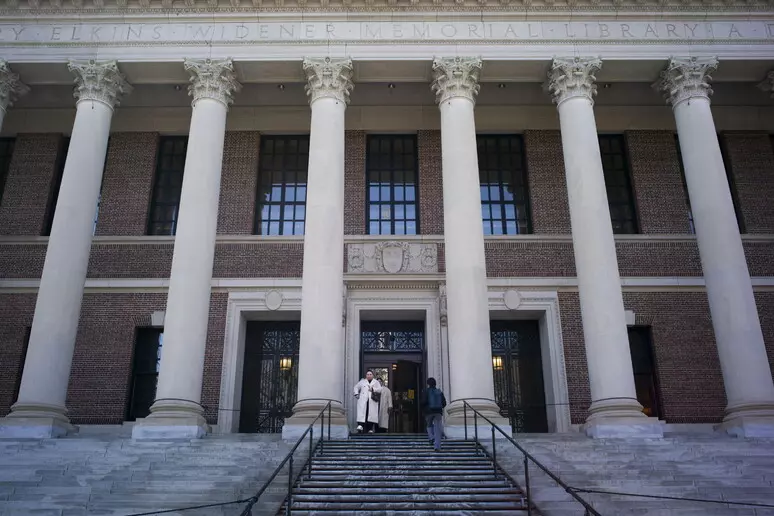The conflict between Harvard and the Trump administration is not a simple dispute: it is the front line of an ideological clash.
After the Ivy League institution filed a lawsuit against the federal government, Donald Trump has shown a willingness to negotiate, seeking to reopen dialogue with the university on at least three occasions, according to internal sources. However, Harvard’s response was a firm, No thanks–at least for now. The informal contacts yielded no effect; now the risk is that the dispute may drag on for years, potentially reaching the Supreme Court.
It all started with a letter sent last March by the Trump administration, accusing the university of not doing enough to combat antisemitism. The move was seen by the Harvard leadership merely as as a pretext for something much more nefarious: to gain political control over the university through the threat of financial leverage. According to the university’s lawyers, cuts of more than two billion dollars in funding are part of an unprecedented “pressure campaign.”
Harvard President Alan Garber firmly rejected the White House’s demands, accusing Trump of wanting to “control the Harvard community” and promising that the university will not “give up its independence or its constitutional rights.” In a letter signed by over 100 academic leaders, the “political intrusion” into university campuses is unanimously condemned, and an alarm is raised over the “serious and lasting consequences” that such interference could entail.
Despite the criticism, the White House insists on justifying the decisions it made. Secretary of Education Linda McMahon stated that the measures are not violations of the First Amendment but targeted interventions to ensure a safe environment for all students. However, the list of demands sent to the campus, from eliminating diversity programs to reforming admissions, suggests a broader project to redefine the university system.
The conflict is also symbolic. The institution is seen as a liberal and intellectual stronghold, and current politicians, through rhetoric that blends ideology with the war on “woke culture”, aim to downsize the role and influence of the Ivy League bastion. In this context, the suspension of funds is not just a fine but a message: those who do not align with Trump’s political ideology will suffer the consequences.
Meanwhile, the cuts risk slowing down crucial projects, from research on childhood cancer to epidemics. Harvard, which has one of the largest endowments in the world, may withstand the onslaught for a while, but the legal battle signals that the economic damage could be long-lasting and deep.
The outcome of the dispute, which could involve judges with ties to the university, will not only be legal, it will also be cultural and political, with implications for the entire American academic system. Equally important, as Professor Emeritus Laurence Tribe pointed out, this battle could inspire other institutions to resist. “When we win,” he said, “they will realize that giving in leads nowhere.”











